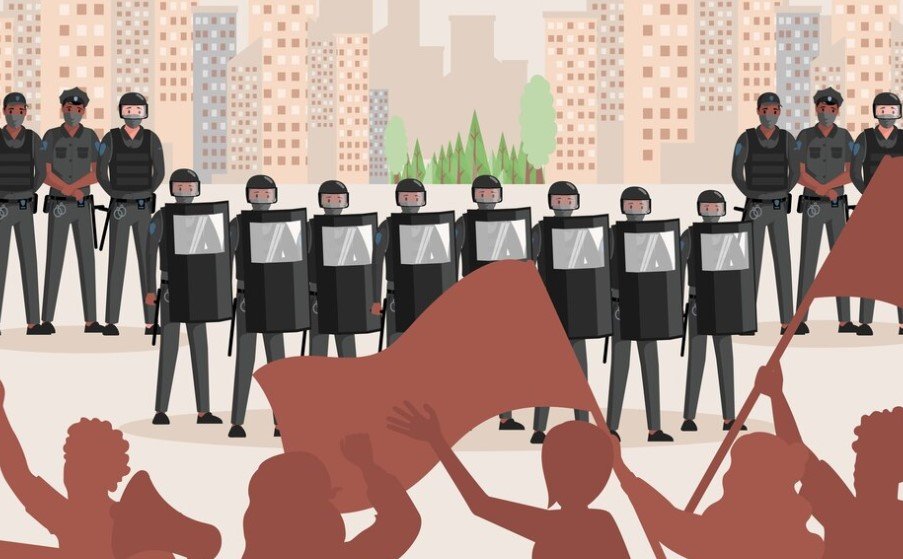Participatory defense hubs are community organizing models that empower individuals and communities to actively participate in the defense of their loved ones facing criminal charges. They were developed in 2009 by the Participatory Defense Network, a national initiative that started in San José, California, in 2008 as a natural evolution of the community organizing work that Silicon Valley De-Bug, a community advocacy group devoted to “debugging” the system, does around police accountability.
There are over 40 hubs across the country that work with people facing charges and incarceration, as well as their families. They aim to reduce the inequitable harms of the criminal justice system and, as they say, turn time served into time saved.

How do participatory defense hubs work?
- The hubs make up the National Participatory Defense Network, which brings a community organizing model to the criminal system, teaching impacted families about what their loved ones are facing and how they can help.
- The goal becomes bringing families together to support and learn from each other through the process to ultimately “be an extension of the defense team and impact the outcome of these cases,” according to Raj Jayadev, coordinator of both Silicon Valley De-Bug and its Participatory Defense Network.
- Through the hubs, “people will learn different things that have worked, from how to tell their loved one’s story in a way that humanizes them beyond a case file to how to dissect a police report and point out lies in a prosecutor’s case and how to push a defense attorney to make sure they’re zealously defending their loved one,” he explains.
What are some benefits of participatory defense hubs?
- Participatory defense hubs can help challenge systemic racism and protectionism in the criminal justice system by empowering marginalized communities to have more voice and agency.
- They can also help promote alternatives to incarceration and diversion programs by providing legal representation, education, mediation, and other services that can reduce unnecessary arrests and referrals to court.
- Furthermore, they can help strengthen family bonds and community resilience by creating a safe space for dialogue, solidarity, and mutual support.
Conclusion
Participatory defense hubs are an innovative and effective way to shift the power dynamics in the criminal justice system by engaging families and communities in the defense of their loved ones facing criminal charges. They offer hope and empowerment for those who are often marginalized and oppressed by the system. If you want to learn more about participatory defense hubs or get involved in your local hub, you can visit their website






